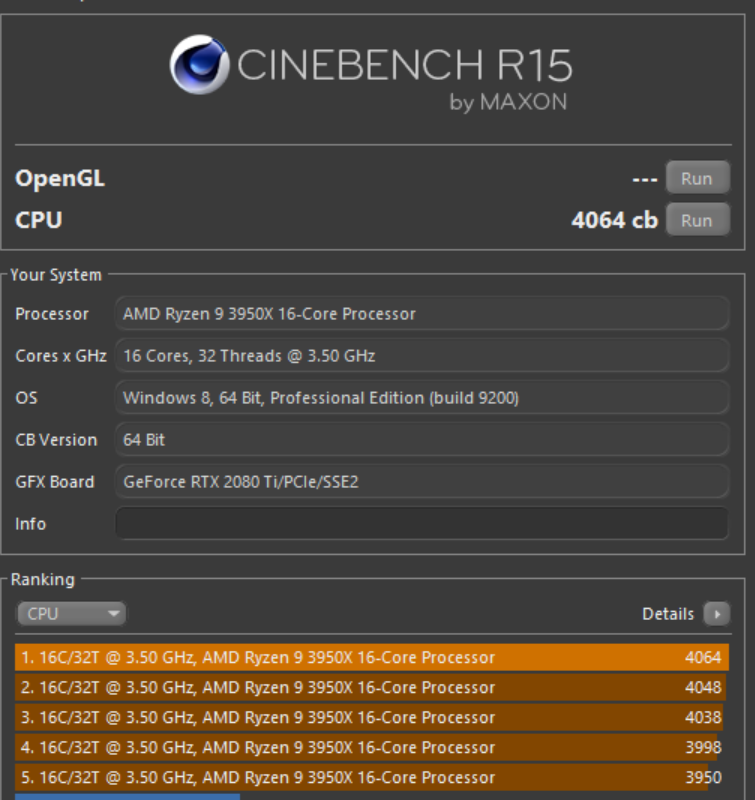erek
[H]F Junkie
- Joined
- Dec 19, 2005
- Messages
- 10,869
Version 1302 2020/03/03 14.97 MBytes
ROG CROSSHAIR VIII HERO (WI-FI) BIOS 1302
1.Improved system performance
https://dlcdnets.asus.com/pub/ASUS/...FI/ROG-CROSSHAIR-VIII-HERO-WIFI-ASUS-1302.zip
ROG CROSSHAIR VIII HERO (WI-FI) BIOS 1302
1.Improved system performance
https://dlcdnets.asus.com/pub/ASUS/...FI/ROG-CROSSHAIR-VIII-HERO-WIFI-ASUS-1302.zip
Last edited:
![[H]ard|Forum](/styles/hardforum/xenforo/logo_dark.png)
